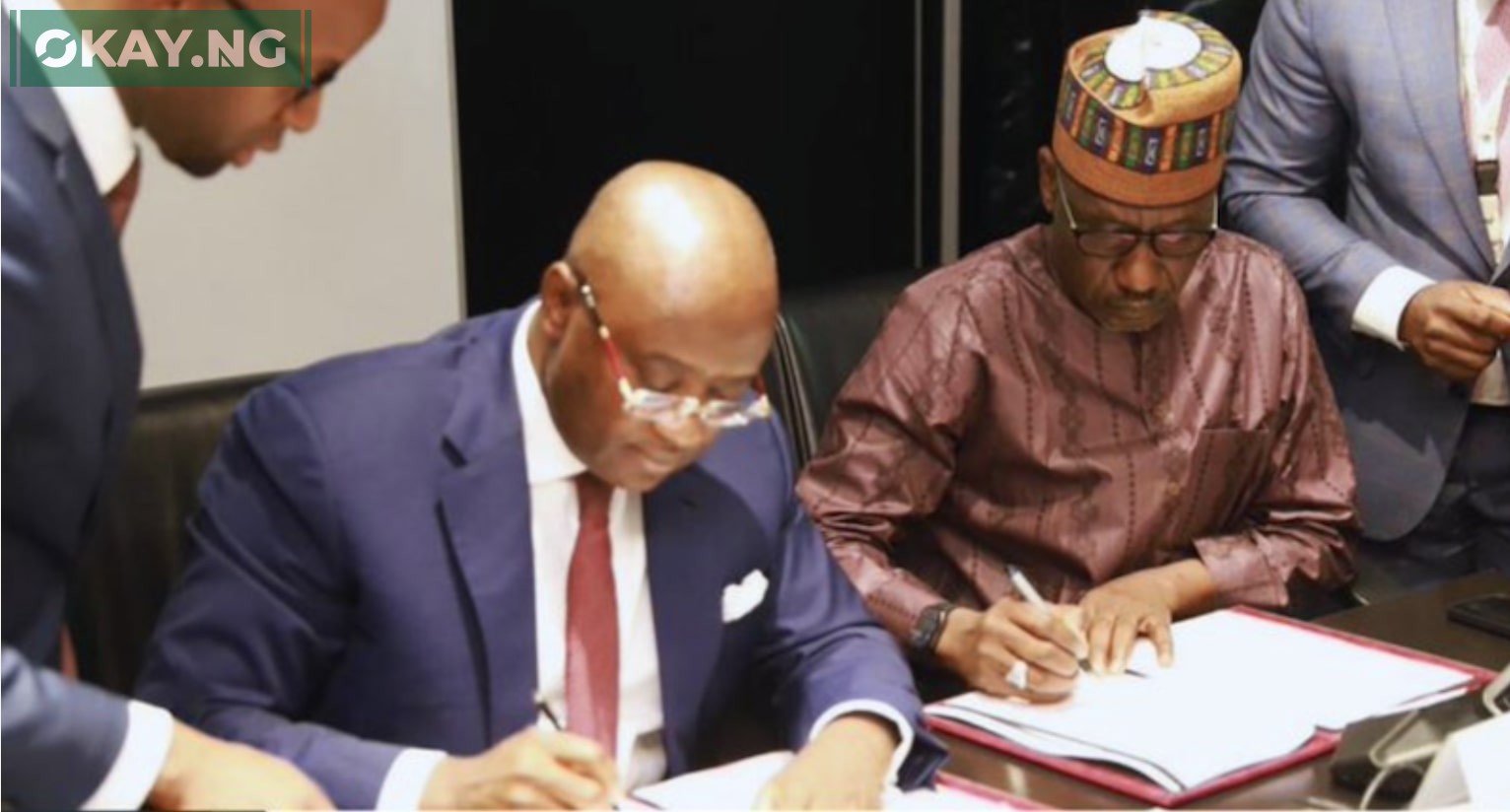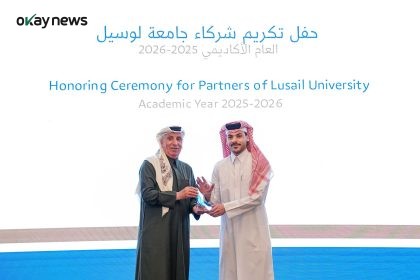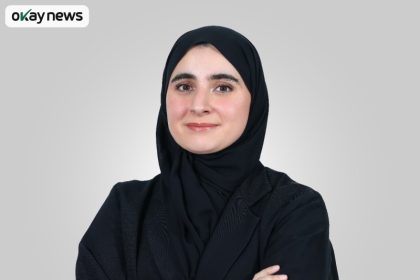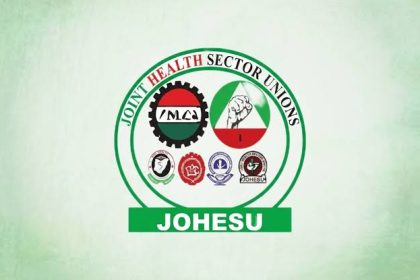The Nigerian National Petroleum Corporation (NNPC) Ltd. has recently secured a significant emergency $3 billion crude oil repayment loan from AFREXIM Bank, raising questions about the nature and implications of this financial arrangement.
Here’s a breakdown of what you need to know:
- What is the $3 billion loan about?
The NNPC Ltd. secured an emergency $3 billion crude oil repayment loan from AFREXIM Bank. This is not a crude-for-refined products swap but an upfront cash loan against proceeds from a limited amount of future crude oil production. - Is this loan risky for NNPC Ltd. or the Nigerian Treasury?
No. The exposure for NNPC Ltd. is very limited, covering just a fraction of their entitlements. Additionally, there are no sovereign guarantees tied to this loan. - What’s the benefit of this loan to Nigeria?
The loan will assist NNPC Ltd. in settling taxes and royalties in advance. It will also equip the Federal Government with the necessary dollar liquidity to stabilize the Naira, with limited risk. - How will the loan be disbursed?
The funds will be released in stages or tranches based on the specific needs and requirements of the Federal Government. - Will this affect fuel prices?
A strengthened Naira as a result of this initiative will lead to a reduction in fuel costs. This means that if the Naira appreciates in value, the cost of fuel will drop and further increases will be halted. - What about subsidies? Are they coming back?
No. A stronger Naira will result in lower prices from the current level, making subsidies unnecessary. The deregulation policy remains unchanged. - How will the loan be repaid?
The loan will be repaid against a fraction of proceeds from future crude oil production. It’s a strategic move that ensures a balance between our current economic needs and future production capabilities. - What is the difference between this and previous swap deals?
This is not a crude for refined products agreement where the government does not earn any proceeds from the swap.







